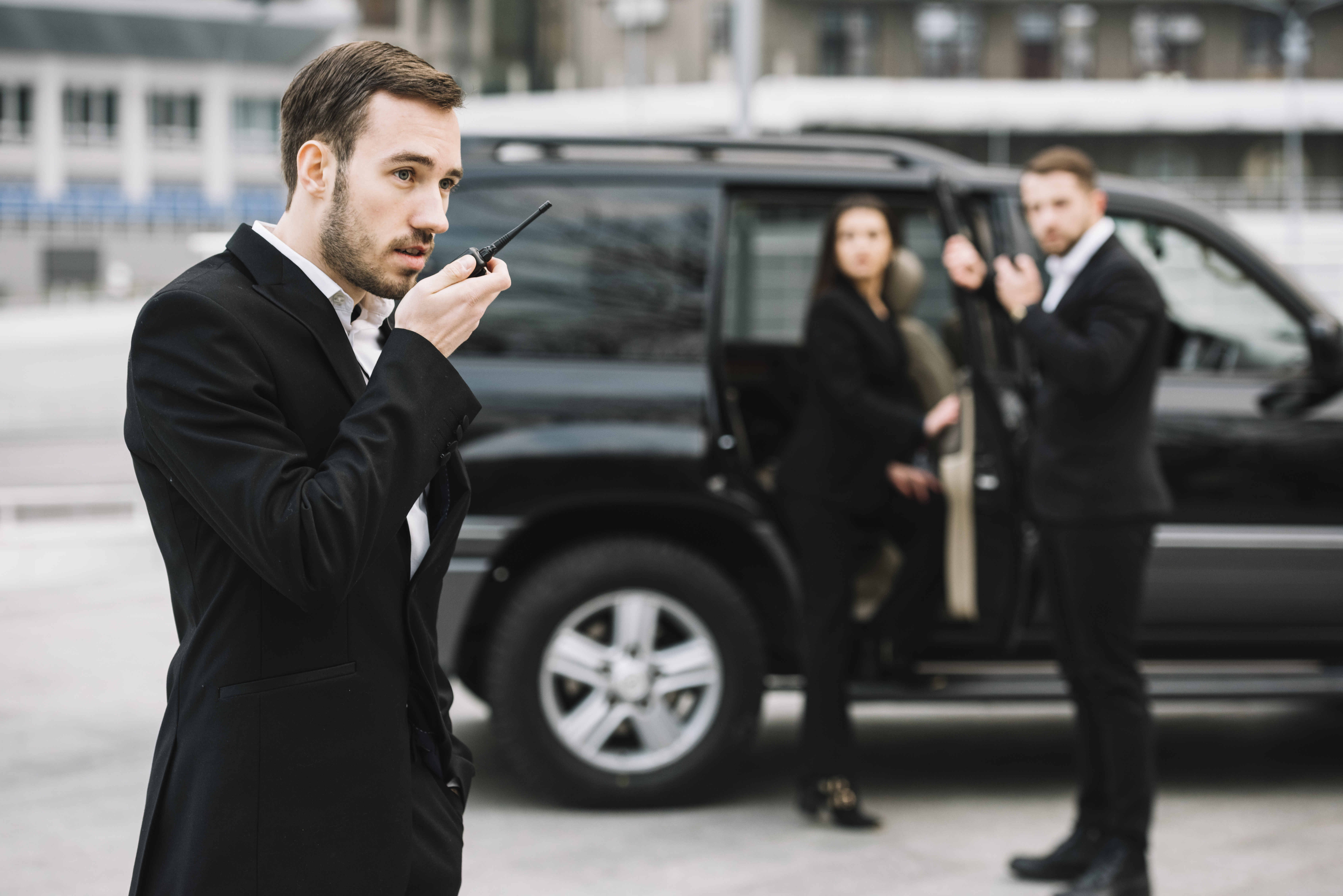Selected News
Private Security vs. Public Law Enforcement: Key Differences

Safety is a top priority for businesses and residents in St. Louis, and it often takes a combined effort between private security officers and public law enforcement to maintain it. While both play crucial roles in protecting people and property, their responsibilities and authority differ in important ways. Knowing these differences helps property owners, businesses, and community members make the best decisions for their security needs.
In this blog, we’ll explore the distinct roles of private security and public law enforcement in St. Louis, how they operate, and when each is most effective.
The Role of Private Security Officers
Private security officers are employed by businesses, organizations, or individuals to safeguard specific locations, assets, and people. Unlike police, they don’t have arrest powers beyond those of a regular citizen, but they serve as a strong deterrent to violation through their presence and quick response capabilities.
What Security Officers Do:
- Preventative Patrols: Regular checks of properties to spot and discourage suspicious activity.
- Access Management: Controlling who enters buildings or secured areas.
- Immediate Incident Response: Addressing disturbances, theft, or medical emergencies before police arrive.
- Surveillance Monitoring: Overseeing CCTV systems and alarm responses.
- Customer Assistance: Providing directions, escort services, or general help in addition to security duties.
Private security focuses on preventing problems rather than enforcing laws, making them ideal for businesses, residential complexes, and events.
The Role of Public Law Enforcement
Police officers and sheriff’s deputies are government-employed professionals with full law enforcement authority. They handle criminal investigations, emergency calls, and public safety across the entire city, not just private properties.
Key Duties of Police in St. Louis:
- Crime Investigation: Collecting evidence, interviewing witnesses, and making arrests.
- Emergency Handling: Responding to 911 calls, violent crimes, and accidents.
- Traffic Enforcement: Issuing citations, managing accident scenes, and ensuring road safety.
- Community Engagement: Building relationships with neighborhoods to address safety concerns.
Public law enforcement has broad legal power but must prioritize high-risk calls due to limited staffing. This means response times for non-emergencies can be slower, leaving gaps that private security can help fill.
How Private Security and Police Work Together
Though their roles differ, security officers and law enforcement often collaborate to improve safety:
● Security teams can alert police to potential threats, providing real-time information.
● Surveillance footage from private security often aids police investigations.
● At major events, both may coordinate crowd control and emergency responses.
Hiring private security doesn’t replace police—it supplements their efforts, allowing them to focus on critical situations while businesses and properties maintain day-to-day protection.
Deciding Between Private Security and Public Law Enforcement
The right choice depends on your needs:
● Private security works best for ongoing property protection, loss prevention, and immediate incident response.
● Public law enforcement is necessary for criminal investigations, emergencies, and citywide safety.
Many St. Louis businesses use both, relying on security officers for daily monitoring and police for serious legal matters.
Need Professional Security Solutions?
If you’re looking for trained private security officers in St. Louis, Sentry Security provides dependable protection customized to your requirements. Reach out today to learn how we can help secure your business or property.
Understanding the differences between private security and public law enforcement ensures you get the right level of protection. Whether you need event staff, armed guards, or routine patrols, having the proper team in place keeps your people and assets safe.
 Sentry
Sentry